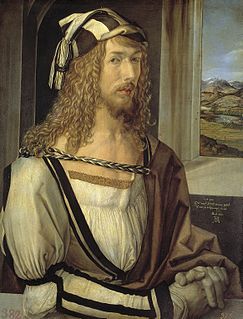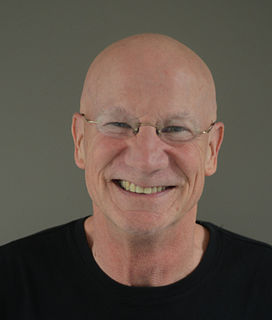A Quote by Seneca the Younger
The greatest chastisement that a man may receive who hath outraged another, is to have done the outrage; and there is no man who is so rudely punished as he that is subject to the whip of his own repentance.
Related Quotes
An artist of understanding and experience can show more of his great power and art in small things roughly and rudely done, than many another in a great work. A man may often draw something with his pen on a half sheet of paper in one day . . . . and it shall be fuller of art and better than another's great work whereon he hath spent a whole year's careful labor.
Nature hath made men so equal in the faculties of body and mind, as that though there be found one man sometimes manifestly stronger in body, or of quicker mind than another, yet when all is reckoned together, the difference between man and man is not so considerable as that one man can thereupon claim to himself any benefit to which another may not pretend as well as he.
No man is so foolish but may give another good counsel sometimes; and no man is so wise, but may easily err, if he will take no others counsel but his own. But very few men are wise by their own counsel; or learned by their own teaching. For he that was only taught by himself had a fool to his master.
It is a proverbial expression that every man is the maker of his own fortune, and we usually regard it as implying that every man by his folly or wisdom prepares good or evil for himself. But we may view it in another light, namely, that we may so accommodate ourselves to the dispositions of Providence as to be happy in our lot, whatever may be its privations.
On the whole, we think that the greatest victories are yet to be won, the greatest deeds yet to be done, and that there are yet in store for our peoples, and for the causes that we uphold, grander triumphs than have ever yet been scored. But be this as it may, we gladly agree that the one plain duty of every man is to face the future as he faces the present, regardless of what it may have in store for him, turning toward the light as he sees the light, to play his part manfully, as a man among men.
There is no man but for his own interest hath an obligation to be honest. There may be sometimes temptations to be otherwise; but, all cards cast up, he shall find it the greatest ease, the highest profit, the best pleasure, the most safety, and the noblest fame, to hold the horns of this altar, which, in all assays, can in himself protect him.
No one punishes the evil-doer under the notion, or for the reason, that he has done wrong -- only the unreasonable fury of a beast acts in that way. But he who desires to inflict rational punishment does not retaliate for a past wrong, for that which is done cannot be undone, but he has regard to the future, and is desirous that the man who is punished, and he who sees him punished, may be deterred from doing wrong again.







































